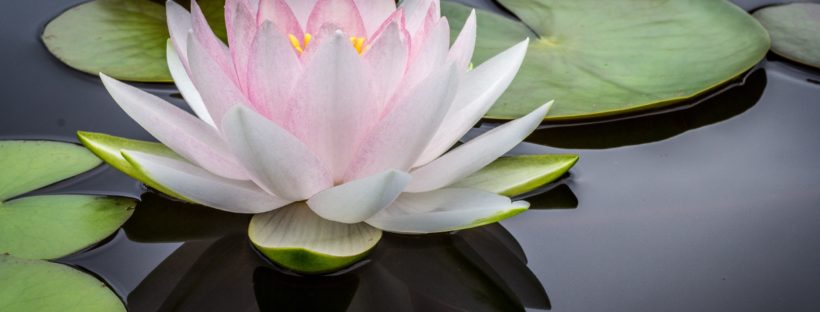Western Medical Acupuncture in Borough
What is Acupuncture in Borough?
Acupuncture treatment involves the insertion of very fine needles through the skin and briefly leaving them in position. The number of needles varies depending on the treatment but may be only two or three. Treatment depends on an assessment of your individual condition so the number and placement of needles will differ from person to person.
What is the difference between Western Medical Acupuncture and Traditional Chinese Acupuncture?
At Harper Road Osteopaths in Borough, both osteopaths – Lorna Rose and Victoria Diamond – are trained in Western Medical Acupuncture (WMA). WMA is an approach based on the most up to date western anatomical and physiological principles and can be a useful tool to address musculoskeletal (MSK) conditions.
Traditional Chinese Medical Acupuncture is based on the belief that an energy or “life force” flows through the body in channels called meridians. This life force is known as Qi. Practitioners believe that ill health arises when Qi is not able to flow freely through the body. Therefore thy use acupuncture techniques to restore the flow of Qi and so restore health.
What can Acupuncture help with?
According to current evidence-based research:
- Acupuncture is effective in a range of painful conditions and is commonly used for short-term relief of chronic low back pain and neck pain, and can help with the management of knee pain caused by osteoarthritis.
- There is good evidence that it is effective in the short term relief of tension type headaches and migraine, and of temporomandibular joint (TMJ) pain.
How does Acupuncture work?
Acupuncture stimulates the nerves in the skin and muscle and can produce a variety of effects. We know that there are changes local to the needle; blood flow is stimulated and pain signals are inhibited. We also know that the body releases its own “natural painkillers” – endorphin and serotonin – in the pain pathways of both the spinal cord and brain.
What happens during a consultation and will it hurt?
Needles are inserted into specific places on the body, sometimes into known acupuncture “points” and sometimes into tight muscle or other clinically relevant points. They may be inserted just under the skin or deep enough to reach the muscle. Single-use, sterilised needles are used and post-treatment they are disposed of safely. They are very fine so you may not feel them passing through the skin. Once they are in place they may be removed immediately or left in for a period up to 30 minutes.
Once the needles are in place you may be aware of a tingling or dull sensation but it shouldn’t be painful. If it is, the needle will be removed.
Just a side note…
You should be aware that unlike osteopathy, Acupuncture is not yet a registered profession which means that anyone can use the term “Acupuncturist”. If you’re not able to come to Harper Road Osteopaths and want to find someone credible and highly trained, check out the British Medical Acupuncture Society’s register of WMA practitioners.
References
https://www.medical-acupuncture.co.uk/Patientinformation/GeneralInformationAboutAcupuncture.aspx
https://www.medical-acupuncture.co.uk/Portals/0/Downloads/Foundation%20Course/Ch%2019%20Evidence%202019.pdf
https://www.nhs.uk/conditions/acupuncture/
